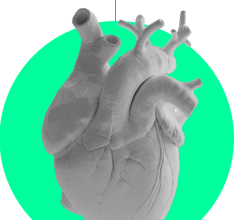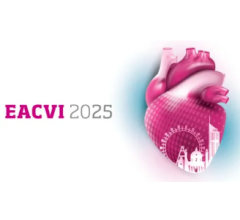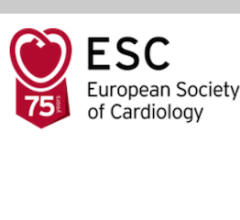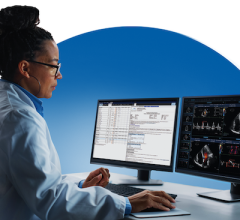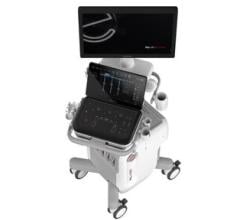April 10, 2015 — A Mayo Clinic study has identified a familial association in spontaneous coronary artery dissection, suggesting a genetic predisposition to the condition. The results are published in the March 23 issue of JAMA Internal Medicine.
Researchers used the Mayo Clinic SCAD Registry of 412 enrollees to identify five familial cases of SCAD, comprised of three pairs of first-degree relatives (mother-daughter, identical twin sisters, sisters) and two pairs of second-degree relatives (aunt and niece and first cousins). Researchers believe this is the first study to identify SCAD as an inherited disorder.
Most heart attacks happen when plaque builds up in arteries over a lifetime, and causes a blockage and a heart attack. In SCAD, a tear occurs inside an artery, and that can cause a blockage, leading to a heart attack. SCAD most commonly affects younger women.
“I was taught that SCAD was rare and the causes entirely unknown, but through our partnership with SCAD survivors and their families, clues are emerging that may change that,” says Sharonne Hayes, M.D., senior author and cardiologist at Mayo Clinic, Rochester, Minn. “We know from previous research that SCAD occurs most often in younger women with no or minimal cardiovascular risk factors, like high blood pressure and high cholesterol. Recognizing now that it is a heritable disorder has implications for at-risk family members, and helps us understand the condition better.”
In one example from the study, a 36-year-old woman had intermittent chest pain for 24 hours. She was diagnosed with a heart attack, and a coronary angiography showed a spontaneous coronary dissection. Her only cardiovascular risk factor was high blood pressure. She had been training for a triathlon the week before her SCAD. Two years later, the woman’s 44-year-old maternal cousin went to the hospital following two hours of chest pain radiating to her upper back. She also was diagnosed with SCAD. Her only cardiovascular risk factor was a history of smoking. She participated in a 75-mile bicycle ride three days before her heart attack.
In addition, subsequent testing in both women revealed fibromuscular dysplasia, a vascular condition which more recently has been associated with SCAD, Hayes said.
She added that it is not clear what causes SCAD in most cases, but researchers know the following from previous studies:
- SCAD affects women more often than men; up to 80 percent of patients with SCAD are women;
- The average age is 42 years;
- SCAD patients are typically otherwise healthy, with few heart disease risk factors; and
- About 20 percent of women SCAD patients have recently given birth.
The Mayo Clinic SCAD Registry was created in 2010 in response to an organized effort by an online community of SCAD patients who sought more research on their condition. The registry now includes hundreds of patients who have learned about the registry through the Internet, social media or referrals by their physicians. In addition, hundreds of registry participants and their family members have contributed specimens to an ongoing Mayo Clinic SCAD DNA biorepository.
For more information: www.mayoclinic.org

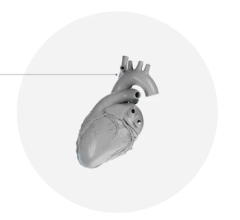
 January 28, 2026
January 28, 2026 
